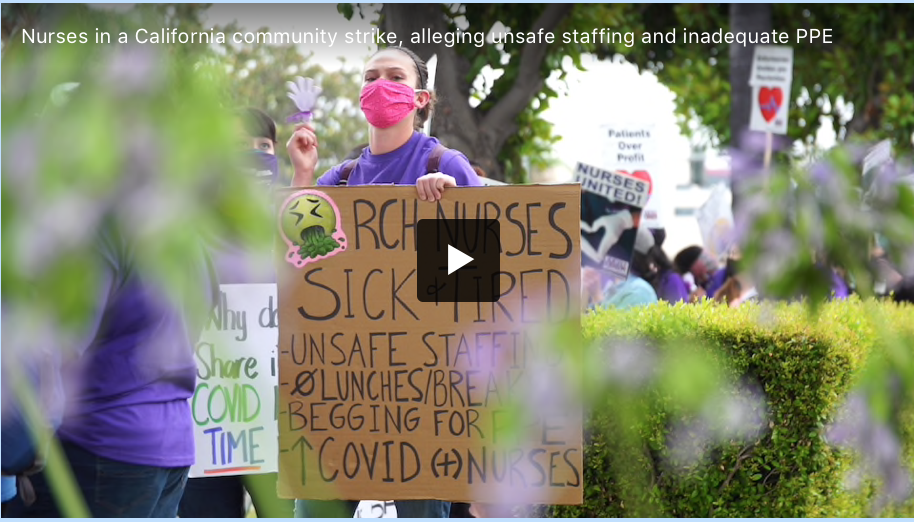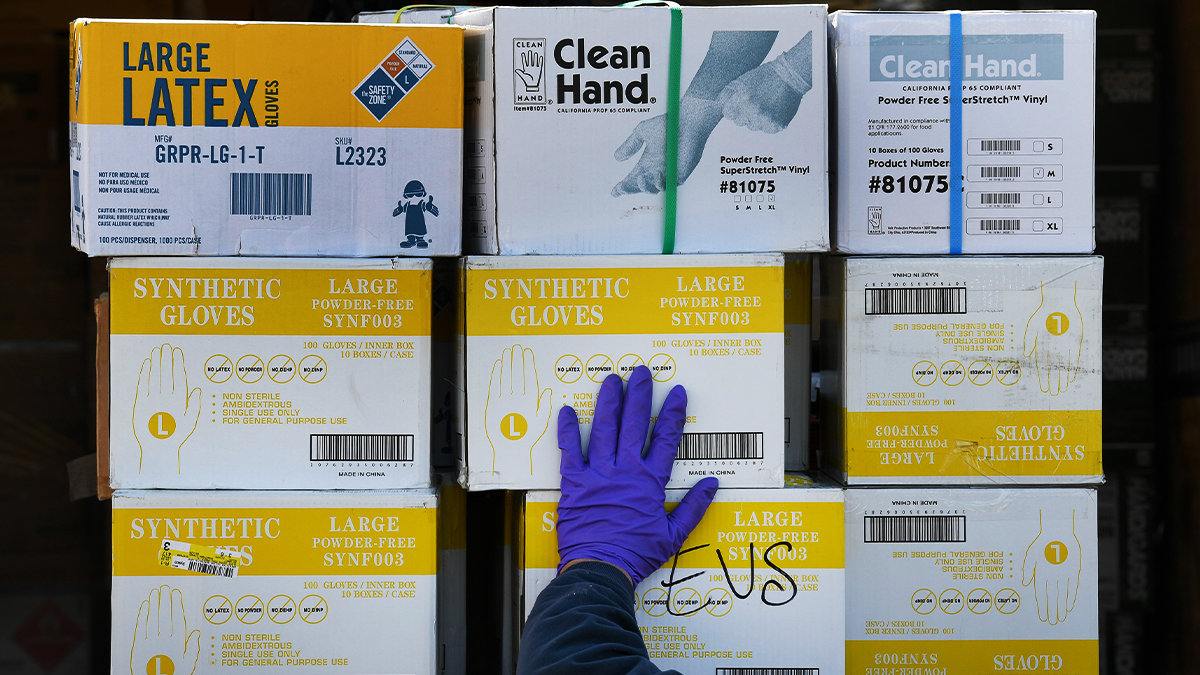(The Washington Post) — Health-care workers on the front lines of the coronavirus pandemic are encountering shortages of masks, gowns, face shields and gloves — a frustrating recurrence of a struggle that haunted the first months of the crisis.
Nurses say they are reusing N95 masks for days and even weeks at a time. Doctors say they can’t reopen offices because they lack personal protective equipment. State officials say they have scoured U.S. and international suppliers for PPE and struggle to get orders filled. Experts worry the problem could worsen as coronavirus infections climb, straining medical systems.
“A lot people thought once the alarm was sounded back in March surely the federal government would fix this, but that hasn’t happened,” said Deborah Burger, a California nurse and president of National Nurses United, a union representing registered nurses. Like many health-care workers, Burger blamed the Trump administration for the lack of equipment, noting the administration has insisted the responsibility falls to state and local officials, with the federal government playing only a supporting role.
The specter of equipment shortages comes as other issues that plagued the country’s early response to the pandemic return: surging cases, overwhelmed hospitals, lagging testing and contradictory public health messages. But the inability to secure PPE is especially frustrating, health-care workers say, because it is their main defense against catching the virus.
For weeks, nurses have posted online testimonials about a lack of PPE, with some given surgical masks instead of N95 masks because of shortages. In a video posted last week, a Florida nurse said she breaks the oath she took “to do no harm” every time she goes to work without protection and worries constantly she may be infecting her patients, co-workers and family.
In interviews, White House officials said concerns over PPE shortages are overblown. They said U.S. manufacturing and stockpiles of protective equipment have improved dramatically and are adequate in most states.




